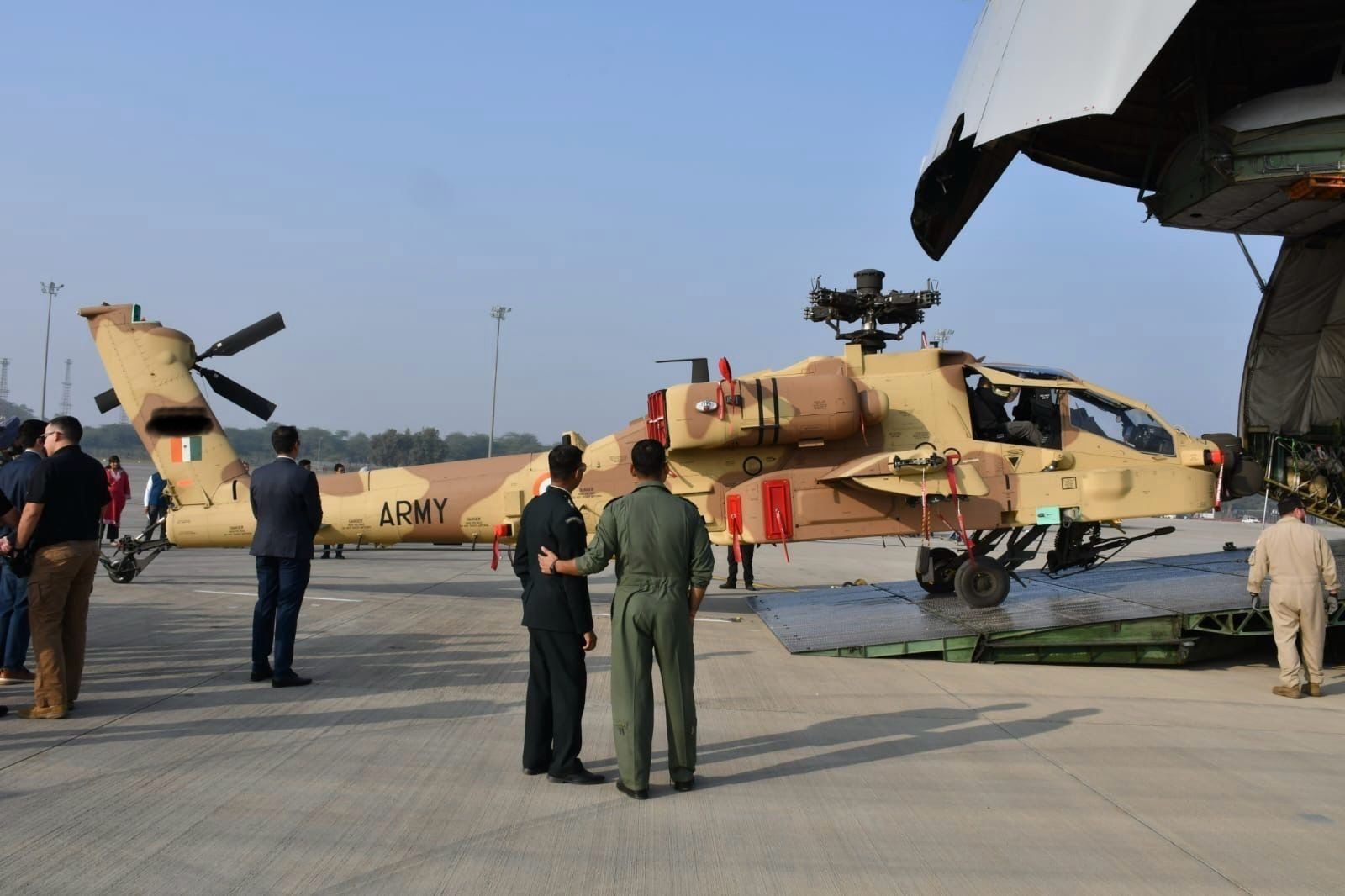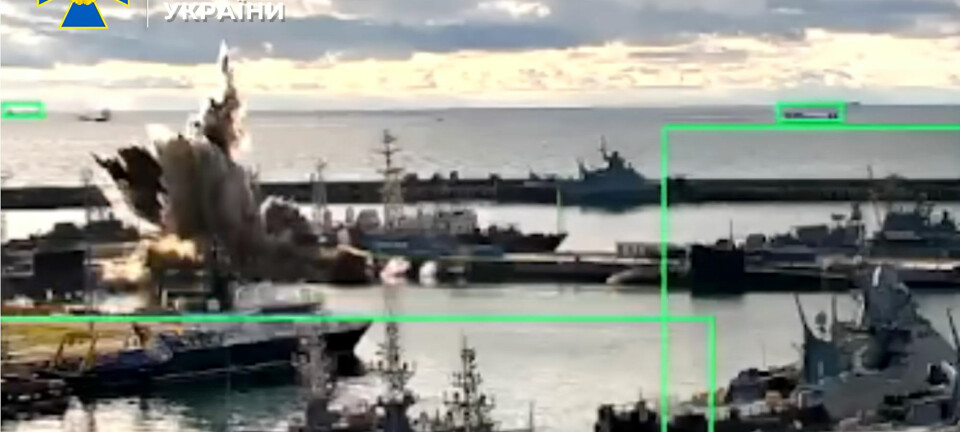Table of Contents
ToggleEnhancing Maritime Security Beyond Borders
The Pakistan Navy stands as a formidable pillar of Pakistan’s defense, serving not only to safeguard the nation’s maritime borders but also as a proactive force in fostering regional and global security. Its contributions extend far beyond traditional naval duties, encompassing humanitarian aid, environmental preservation, disaster relief, counter-piracy operations, and counter-terrorism initiatives. Among its many achievements, the Aman Exercise shines as a beacon of international cooperation and collaboration. This multinational naval exercise, initiated in 2007, embodies Pakistan’s unwavering commitment to promoting peace and stability across the world’s oceans. It serves as a unique platform where navies from diverse nations converge, united by the common goal of ensuring the safety and security of the seas.
Aman Exercise: A Legacy of International Collaboration
The Aman Exercise emerged as a response to the increasing threats plaguing the Indian Ocean, one of the most strategically vital regions in the world. From piracy off the Somali coast to arms and narcotics trafficking, human smuggling, and illegal fishing, the challenges were manifold and required a concerted effort to tackle effectively. Recognizing the shared nature of these threats, the Pakistan Navy launched Aman to foster collaboration among regional and extra-regional navies. Over the years, the exercise has evolved into a globally recognized forum for maritime security, attracting participation from some of the most powerful and technologically advanced naval forces in the world. The word “Aman,” meaning “peace” in Urdu, encapsulates the exercise’s core mission: fostering collective security through unity.
Key Milestones of the Aman Exercise
The inaugural Aman Exercise in 2007 saw the participation of 14 nations and focused on fostering trust and understanding among navies while addressing immediate threats like piracy. This modest beginning laid the groundwork for what would become an expansive platform for maritime cooperation. The 2009 iteration expanded to include 24 countries, introducing counter-terrorism drills and live-fire exercises to tackle a wider range of maritime threats. By 2011, the exercise had grown to 28 participating nations, emphasizing not only maritime security but also human trafficking and smuggling. Environmental security discussions were also introduced, reflecting a forward-thinking approach to addressing global maritime issues.
The Aman Exercise reached new heights in 2013, when cybersecurity became a focal point in response to the increasing threat of cyberattacks on maritime assets. Workshops and collaborative sessions on cybersecurity strategies marked a significant evolution in the exercise’s objectives. By 2015, participation had surged to 42 countries, with a heightened emphasis on disaster response and humanitarian operations. Simulations of natural disasters such as tsunamis and oil spills showcased the multifaceted role of navies, extending beyond combat to include critical humanitarian functions.
Addressing Contemporary Maritime Challenges
In 2017, the exercise welcomed 46 nations, including global powers such as the United States, China, and Russia, underscoring its growing international significance. The focus shifted to securing maritime trade routes, a lifeline for the global economy, and countering piracy networks that threatened these essential corridors. By 2019, Aman had evolved to address the militarization of maritime domains and the establishment of international legal frameworks to ensure freedom of navigation. The participation of 49 countries demonstrated the widespread recognition of Pakistan’s leadership in this domain.
The 2021 and 2023 iterations further elevated the exercise’s scope and ambition. With the integration of advanced technologies such as unmanned surface vehicles and artificial intelligence, these exercises addressed contemporary challenges in modern naval warfare. The growing impact of climate change on maritime security was also a focal point, with discussions and drills on mitigating the effects of rising sea levels, resource conflicts, and the displacement of coastal populations.
Aman 2025: A Vision for the Future
Aman 2025 is set to become the most ambitious edition yet, with its theme, “Together for Peace,” encapsulating the collective responsibility of ensuring secure seas. This year’s exercise will revolve around three primary objectives: promoting peace and regional cooperation, enhancing interoperability among participating navies, and demonstrating a united resolve against maritime crimes and terrorism. With over 50 countries expected to participate, Aman 2025 will include advanced simulations involving artificial intelligence, cyber defense mechanisms, and unmanned systems. These technological advancements will provide participating navies with valuable insights into the future of maritime security, equipping them to address emerging threats effectively.
Leadership and Vision: Admiral Naveed Ashraf’s Impact
Aman 2025’s emphasis on humanitarian and disaster relief operations underscores the importance of readiness in addressing global crises. Scenarios involving tsunamis, cyclones, and oil spills will be simulated, testing collective response mechanisms and showcasing the ability of navies to provide critical assistance in times of need. The exercise will also highlight environmental sustainability initiatives, such as mangrove restoration and marine biodiversity preservation, reflecting the Pakistan Navy’s commitment to safeguarding the marine ecosystem for future generations.
The success and evolution of the Aman Exercise owe much to the leadership of Admiral Naveed Ashraf, the Chief of Naval Staff. Under his visionary guidance, the exercise has grown from a regional initiative into a globally recognized platform for maritime collaboration. Admiral Ashraf’s focus on inclusivity and innovation has ensured that Aman addresses contemporary and emerging maritime challenges effectively. His emphasis on integrating cutting-edge technologies and addressing non-traditional security threats, such as climate change and resource conflicts, reflects his forward-thinking approach to securing the seas.
The Pakistan Navy’s Broader Contributions to Maritime Security
The exercise also serves as a testament to Pakistan’s ability to foster diplomatic ties and build bridges across oceans. By bringing together countries with diverse geopolitical interests, Aman provides a platform for dialogue, trust-building, and mutual cooperation. It serves as a reminder that the oceans, while separating nations geographically, also connect them, necessitating collective vigilance to maintain their security and sustainability. Participating nations benefit not only from shared knowledge and expertise but also from the opportunity to forge lasting partnerships that extend beyond the maritime domain.
Conclusion: The Enduring Legacy of the Aman Exercise
The Aman Exercise has consistently demonstrated its relevance in an evolving global landscape. While its early iterations focused on addressing immediate threats like piracy and trafficking, recent editions have incorporated advanced technological solutions and addressed non-traditional challenges such as cyber threats and climate-induced migration. Aman’s adaptability and foresight have ensured that it remains a vital component of global maritime security.
Through the Aman Exercise, the Pakistan Navy continues to lead by example, demonstrating its commitment to peace, stability, and progress. As nations prepare to converge on the Arabian Sea for Aman 2025, the exercise stands as a testament to the potential of collaboration in shaping a secure and prosperous future for all. Its legacy will undoubtedly endure, inspiring future generations to carry forward its mission of fostering peace through unity and cooperation on the world’s seas.












